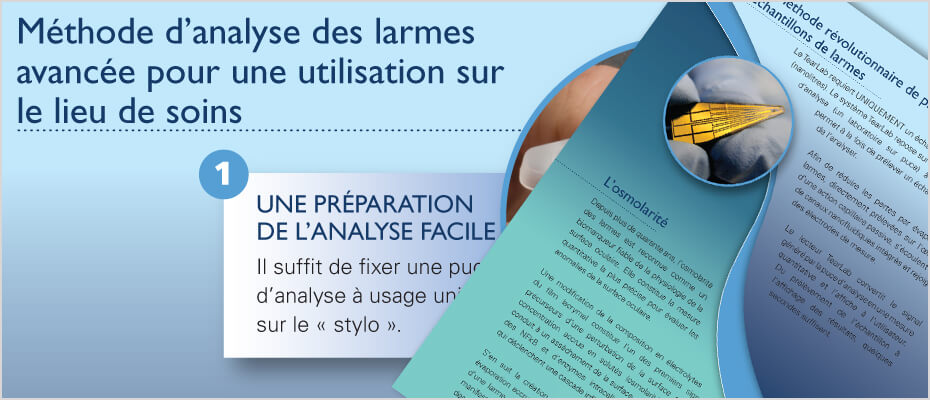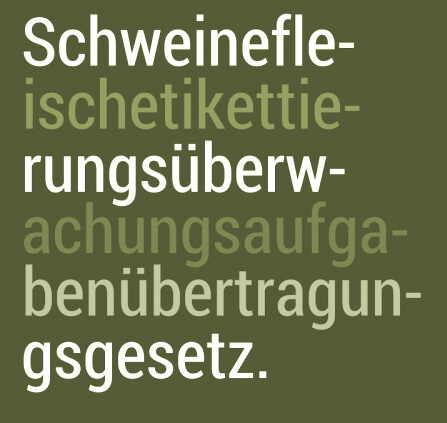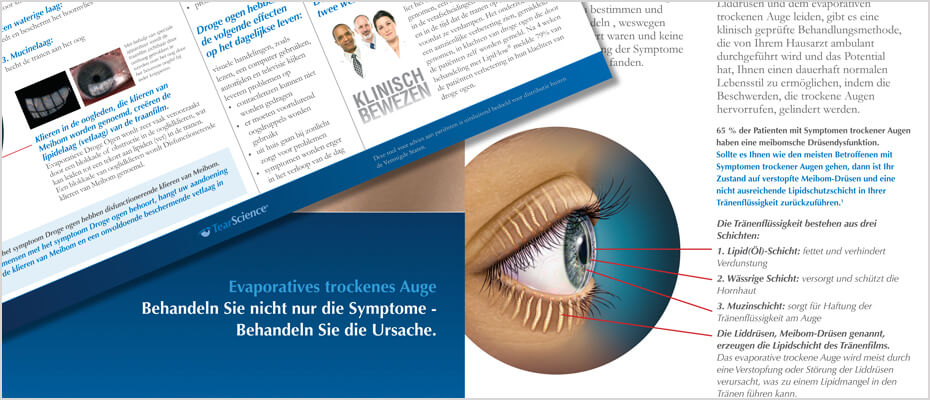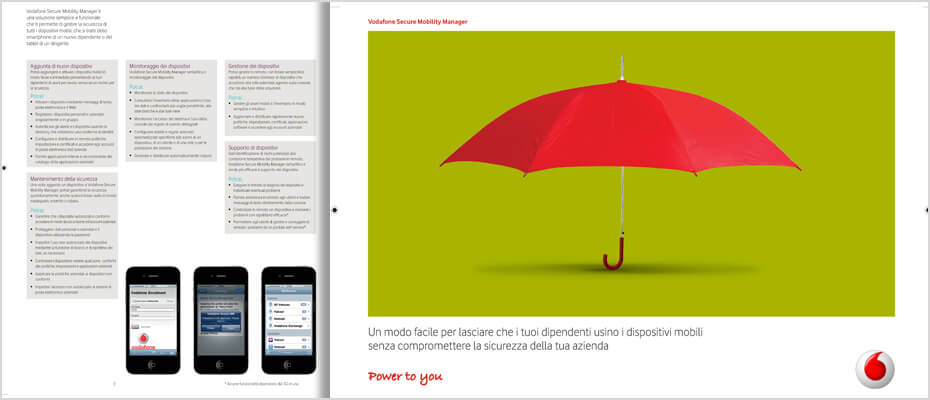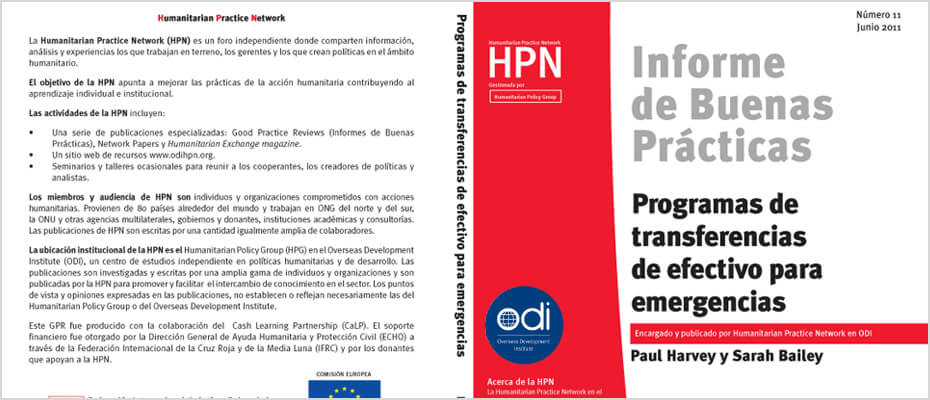Adelphi provides both translations and print materials in FIGS (French, Italian, German and Spanish). All our FIGS Desktop Publishing is produced in-house including brochures, packaging, business cards, posters and manuals.
- US Office
- 916 414 8714
- us@adelphitranslations.com
FIGS (French, Italian, German and Spanish) Desktop Publishing
FIGS (French, Italian, German and Spanish) are, in some cases, more difficult to typeset than Chinese or Arabic because of the expansion of text when translated from English.
French typesetting text expansion
French is the main culprit and can expand as much as 50% from the original English. Why would this be? The English language has a much larger vocabulary than French, drawing as it does on two entirely different sources (Latin + Germanic). The French language has also been much more strictly controlled by the Académie Française, which has tried to keep the language ‘pure’ and free from foreign influences. When studying French in the 80s I always remember the ‘correct’ equivalent for ‘weekend’. The commonly used ‘Le weekend‘ was frowned upon by the Academy and the official translation was ‘le congé au fin de la semaine‘, literally ‘the break at the end of the week’.
Non-romance languages also tend to combine nouns much more frequently than the Latin languages and new words are more warmly welcomed into the lexicon.
Basic grammatical differences also contribute to the expansion. The possessive ‘s’ in English requires more words in French: ‘Paul’s car’ becoming ‘La voiture de Paul’, ‘bigger’ becomes ‘plus grand’ etc.
German text expansion – Compound words
One of the longest German words is Schweinefleischetikettierungsüberwachungsaufgabenübertragungsgesetz.
Which means the “legislative law for the monitoring of pork-meat labelling.” When typesetting German, compound words need to be hyphenated in the correct place.
Italian typesetting text expansion
In comparison, Italian is not such a problem as the text usually expands by about 10% and this can be resolved in the typesetting. You have to go back a long way to find the longest word in Italian. In 1677 the word precipitevolissimevolmente (as fast as possible), was coined.
Spanish typesetting text expansion
Spanish too does not expand so much and can usually be accommodated during the typesetting phase. If you want to be funny in Spanish, and linguistics at the same time, you can claim that the word ‘arroz’ is the longest in their language, because it starts with ‘a’ and ends with ‘z’. Who says linguists have no sense of humour?
FIGS and website translations
There is something to bear in mind if the translation is being produced for a website for these languages. Having text on images is generally a bad idea. Consider a button used on a web form or for navigation on a web site. The image is usually of a fixed length. If the translations into FIGS produces a longer word the image may have to remade. This will, at the least, be more costly or, at most, it may require a complete redesign of the web page or site.
So the general rule with FIGS is: text will expand. If the original English text and documents or web site are created with this in mind, it will save expense and hassle later on in the localisation process.
Your quote
Why choose Adelphi Translations?
In-house typesetting studio
All our of Desktop publishing services (DTP) are handled in-house and carried out by our own expert typesetters, offering you peace of mind and the highest assurance of quality.
Latest software
All our typesetting is carried out using the latest Adobe Creative Cloud, Microsoft and other software packages.
Large collection of fonts
Adelphi has a huge collection of fonts covering over 120 languages.
Adelphi Translations Limited is a company registered in England and Wales.
Company Number 06989736 · Registered Office Barnsley Digital Media Centre, County Way, Barnsley, S70 2JW, UK

